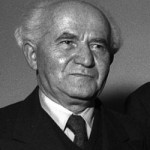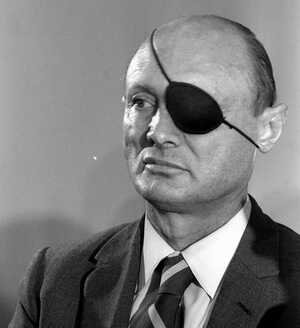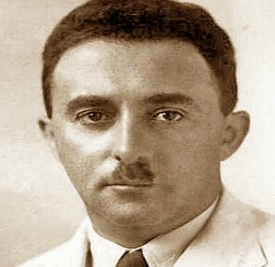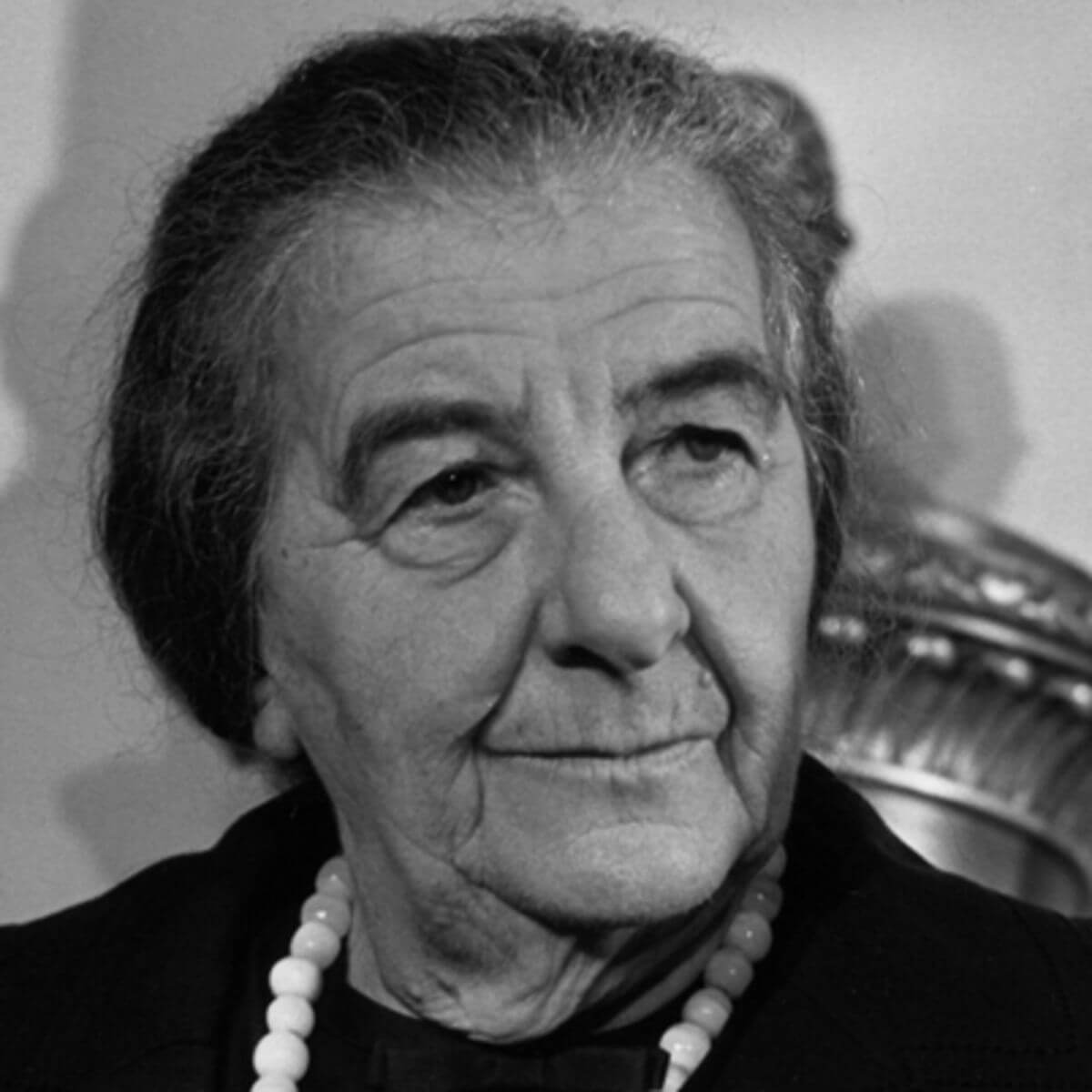ד.1 | Security Cabinet, 22nd October (afternoon)
A two-and-a-half hour discussion following the sinking of Israel’s frigate Eilat by the Egyptians. The minsters tended towards retaliating by attacking the Egyptian air force, pending further information.
To read the transcript, click here.




